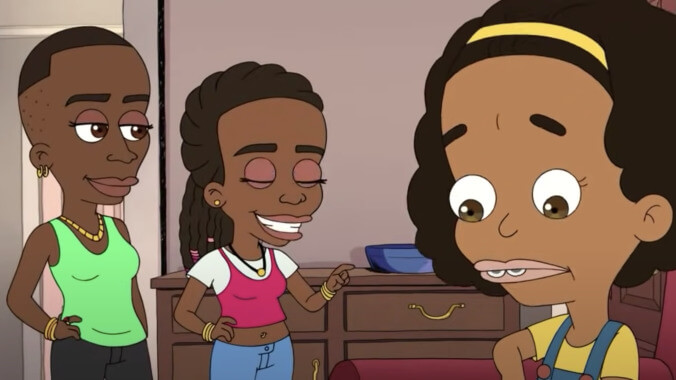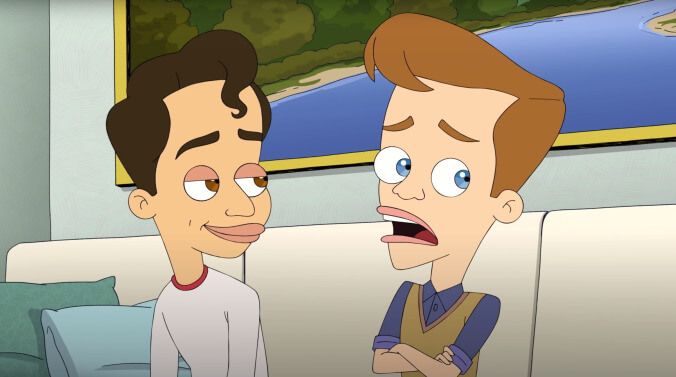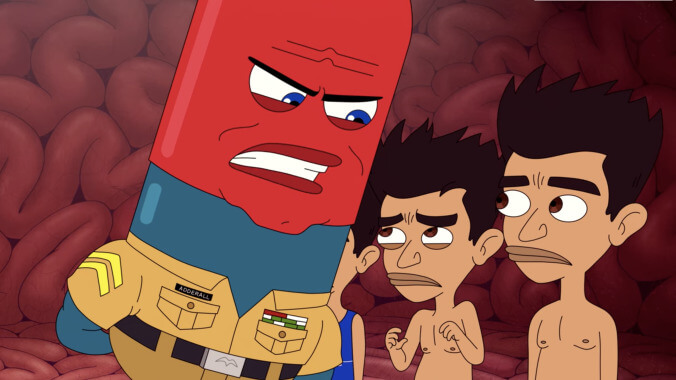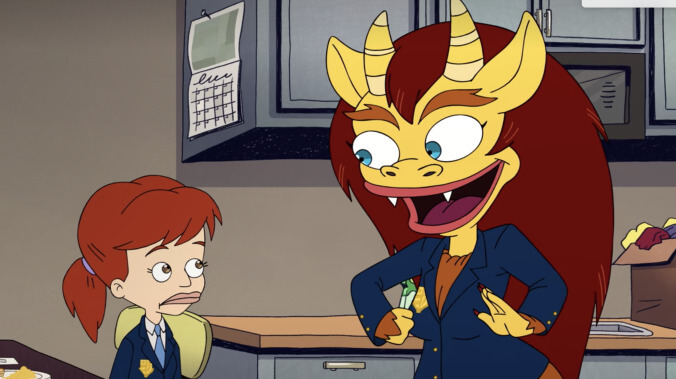5 episodes that showcase how Big Mouth’s kids have (slowly) grown up
From Missy embracing her Blackness to Nick defeating his self-obsessed alter ego, these installments of the animated Netflix series show how its kids evolve
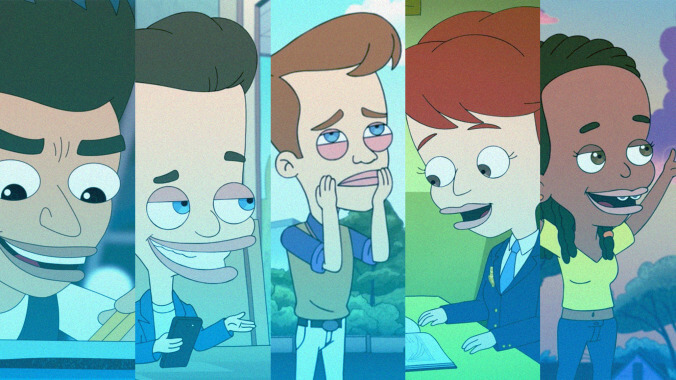
In 5 To Watch, writers from The A.V. Club look at the latest streaming TV arrivals, each making the case for a favored episode. Alternately, they can offer up recommendations inspired by a theme. In this installment: With Big Mouth returning for a fifth season this week, The A.V. Club digs into the most recent episodes that showcase how five of the main characters have managed to grow and change over the years.
Netflix’s animated comedy Big Mouth has a huge cast of adolescent characters, each one dealing with their own anxieties and insecurities—nearly all of which are embodied by a literal monster. And while the first few seasons made great, foul-mouthed hay of these kids’ various neuroses, season four started to highlight how they were capable of change, too. Yes, it’s hard to see past your own navel during puberty (unless it’s to travel a few inches farther south to your genitals, as Jason Mantzoukas’ hormone-addled Jay Bilzerian might argue), but over the course of four seasons, even the most clueless of them have made tentative steps toward maturity. In advance of the fifth season, The A.V. Club is looking back at five episodes that best showcase how different characters in this madcap universe have taken the difficult steps of growing up.
